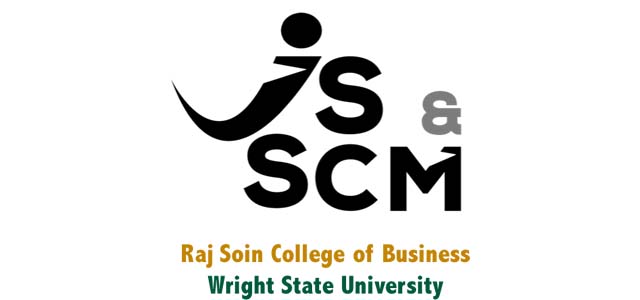Improving Rounding in Critical Care Environments through Management of Interruptions
Document Type
Article
Publication Date
5-2013
Abstract
Efficient and effective functioning of intensive care units (ICU) has a significant impact on the safety of patients who are critically sick, performance of care providers, utilization of clinical resources, and is essential for improving the overall healthcare delivery. This study focuses on developing a better understanding of ICU rounding process, which is a team-based activity and is routinely conducted with the objective of providing an error-free and customized treatment plan for each patient admitted to an ICU. However, rounding process is complex, ill-understood and marred by numerous inefficiencies. In this study, we develop process framework for ICU care delivery that integrates various pathophysiologic, care delivery and intervention processes. We do this by examining the rounding workflow of two major teaching hospitals in the US. One major issue for rounding process is interruptions. We suggest and test strategies for improving ICU rounding workflow by managing interruptions. This is accomplished through the development of simulation models to compare the relative merits of controlling interruptions in ICU with respect to overall rounding completion time. We found that as much as 39% time savings can be realized with alternate interruption control methods.
Repository Citation
Gupta, A.,
Sharda, R.,
Dong, Y.,
Sharda, R.,
& Asamoah, D.
(2013). Improving Rounding in Critical Care Environments through Management of Interruptions. Decision Support Systems, 55 (2), 516-527.
https://corescholar.libraries.wright.edu/infosys_scm/1
DOI
10.1016/j.dss.2012.10.009


